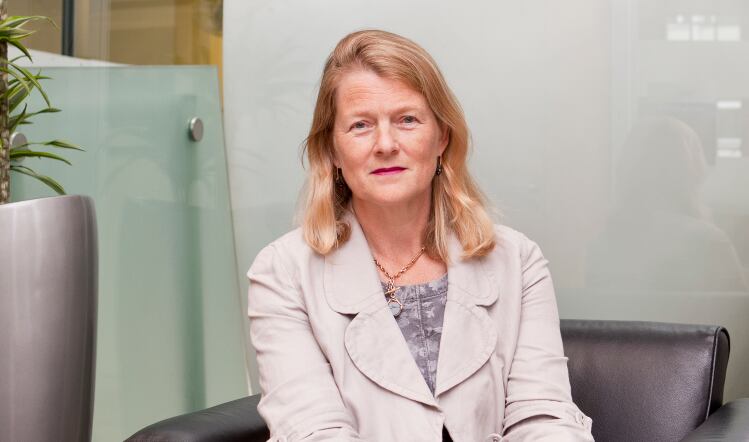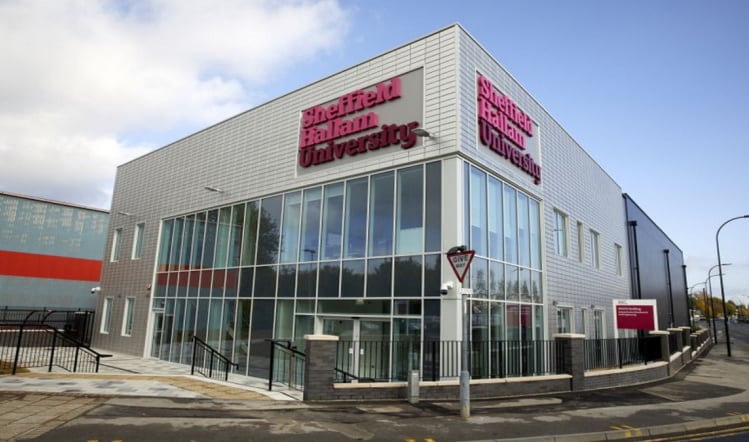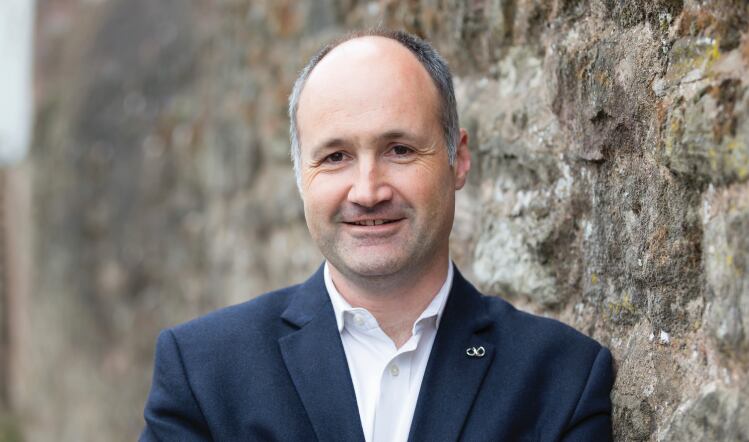Variety is the spice of life, and no other graduate scheme seems to embody this sentiment more than the one offered by Management Development Services (MDS).
MDS’ programme offers graduates four work placements across the food and drink industry over a period of two years, alongside training for a Level 5 apprenticeship. Every six months, graduates rotate to a new placement, working on real-world projects in food and drink businesses.
A not-for-profit organisation owned by its members – all of which are businesses operating in the food and drink industry – MDS offers graduates training that is designed to turn out future food and drink professionals whom members want to employ.
It’s a scheme that has seen great success, according to chair Christine Tacon, best-known currently for her role as Groceries Code Adjudicator, which she relinquishes in 2020. More than 90% of students who have come off the course over the past 33 years have taken a job with a member.
Unlike similar schemes, a background in food and drink isn’t a must for those entering the programme. For Tacon, what’s important is graduates with management and leadership potential, though some interest in food and drink is welcomed – even just a casual interest in cooking or eating.
Attracting all walks of life
“At the moment, we’ve got somebody who has an archaeology degree, somebody with a PhD in plant science, chemists and mathematicians,” she explains. “But we obviously get a fair number of people who have maybe done a food science or farm business degree. With such a strong fresh produce side to the business, we attract people with agricultural backgrounds, but who don’t necessarily want to work directly in farming.”
With people from all walks of life applying for the course, MDS has had no issues with filling its cohort year after year. The offer of real-world work experience has caught the eye of graduates who had no idea what to do after leaving university, or who weren’t ready to tie themselves to a specific career.
“They [graduates] find us because they’re looking for a two-year graduate training programme where they know they’re going to get two years’ work experience, but we’re giving them four completely different jobs in four different businesses,” says Tacon.
“By the end, they are highly employable because they have done jobs right across the food chain, but we’ve not made them commit to what they want to do.”
All that said, a certain level of competency is expected of the graduates looking to enrol on MDS. Applicants usually need to have achieved at least 2:1 at university, but some concessions can be made for people the programme has identified as having potential.
MDS’ novel structure of offering four placements across two years is designed to give trainees the broadest scope of experience possible. As Tacon explains, each secondment is designed to be different from the last one the graduate was on.
Mixing up secondments
“If they’ve done a job in production and managed a large group of people, we might say the next job they need to do is in something like technical.”
Situations do arise when a member will request a specific graduate to work with them, but MDS often turns down this type of request. “We won’t let them do that,” Tacon explains. “This is a development programme.”
One of the biggest challenges MDS faces is making sure there are enough placements for graduates to go to throughout the four years. While it is often fairly easy to find space for a trainee during busier periods – such as the run-up to Christmas or Easter – a manufacturer may not be able to accommodate another head at other times.
To combat this, Tacon is on a mission to secure secondments with the likes of retailers and reprocessors. She has also looked into getting placements for engineers, who often are looking for work experience during the summer – this, in turn, has sparked a need to better tailor MDS’ offering to work around the schedules of people still in university.
“They maybe come [onto our course] when they’re doing their placement year and do two of their MDS placements, go back to university and then come and do another year with us,” Tacon suggests. “That’s what I’m looking to do. But, to do that, I need to have members that will have engineering-type placements to give them.”
Less of an issue for MDS are the trials and tribulations that have emerged in the wake of the UK’s decision to leave the EU. Despite the threat of manufacturers losing access to a pool of European workers post-Brexit, Tacon doesn’t think it will affect her ability to fill courses with willing graduates.
Overseas cohort
“The number of overseas people [we take] is small enough that it won’t make a difference,” she adds. “If it affects us at all, it’s going to be our members who might find they struggle to get hold of people and, therefore, might be more interested in the people we’re bringing through.
“They’ve been promoting eastern Europeans within their businesses already and if some of these aren’t coming through, they might be more interested in people we’ve trained.”
With that in mind, the food and drink industry might just be the real winner when it comes to MDS’ graduate scheme. While the graduates are getting invaluable experience working with food and drink companies, those businesses are also getting fresh talent at a relatively cheap rate.
“Our members pay for trainees on a day rate when they are with them,” Tacon continues. “They don’t pay for them when the trainee is sick or on training. They’re almost paying them like consultancy staff or agency staff.
“We do all the employment stuff, so any of the issues [with trainees] are our responsibility – you’ve got them for six months and, if you like them, you can ‘try before you buy’. If they have a vacancy, they might ask if they can have somebody in a third or fourth secondment, with a view to offering them a job if they do well.”





